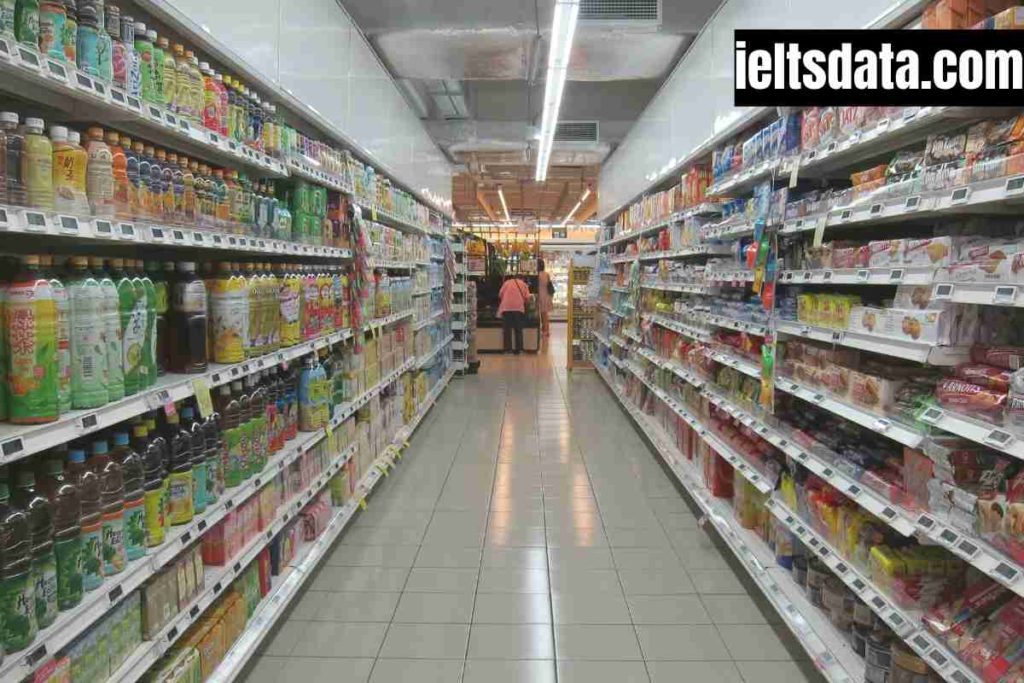Many say manufacturers and supermarkets are responsible for reducing the packaging of products they sell, and others say it is the consumer’s responsibility to stop buying products with too much packaging. Discuss both views.
Sample 1 Many Say Manufacturers and Supermarkets Are Responsible for Reducing the Packaging of Products
Due to increasing pollution, it is argued by several individuals that producers and sellers are liable to decrease the packaging of the goods to decline the level of corruption; In contrast, others consider that it is the prime responsibility of the consumers to abnegate purchasing products, which are covered with excessive plastic material. In my perspective, collaborative efforts of both the government to give strict warnings to manufacturers and suppliers can mitigate this problem. As the demand from consumers increases, producers will escalate using plastic to protect the goods.
According to the first school of thought, producers and sellers are liable to reduce plastic material, which has been used to protect goods. Producers use plastic paper to maintain the originality and beauty of the products. Instead of using bamboo fibre, they use excess plastic material, which is a real threat to increase pollution. To exemplify it, fruits are packed with excessive packaging. It made customers understand that fruits maintain their freshness and that these are away from dust particles. Unintentionally, excessive packaging is thrown away on the road or at home in the dustbin. Thus, this step enhances pollution created by burning that plastic. Therefore, if manufacturers strictly follow the guidelines made by the government regarding using plastic covers, then human labour can be saved, and wrap they as well as it will not have a carcinogenic effect on the environment.
According to the second school of thought, consumers can directly refuse to purchase items covered with non-biodegradable material. Consumers must be made aware by educating them about the repercussion of buying things with such stuff. For instance, there have been many people who are ignorant and who consider that if anything is wrapped, it is safe. They do not even think beyond it. Consuming fruits without washing is a classic epitome if they are well-covered. In this way, they are putting their life at risk. Otherwise, the risk would be less if buyers purchase consumable items in a jute bag or other recyclable material. It will help reduce carbon emission, which is caused by unnecessary packaging.
Moreover, extra packaging to cover precious furniture is also used, which consequently causes deforestation. Therefore, if buyers are adamant about paper usage, this step can also improve our environment. When the demand decreases, producers must stop using plastic to cover products.
To conclude, manufacturers must use bamboo fibre or other recyclable material instead of plastic, which threatens our environment. This proactive approach can help in saving the environment and people’s health. Besides, buyers can stop using products and do a great help in falling the amount of unnecessary packaging. It will have a positive impact if both corporate with each other and understand the value of the environment.
Follow Us on IELTSDATA Twitter
